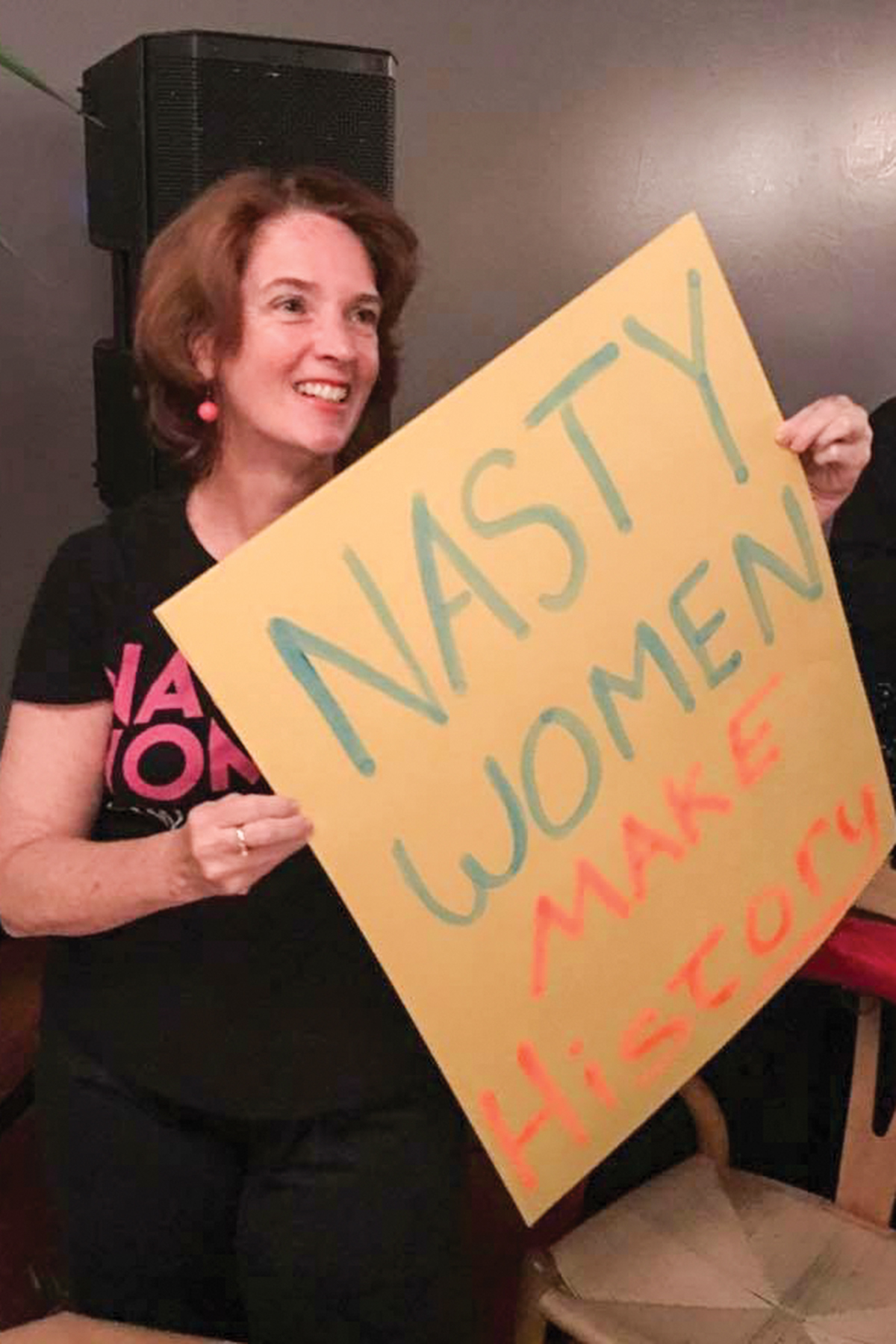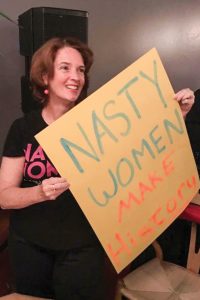

University of Miami junior Gavin Grieb knew that regardless of the outcome of the 2016 presidential election, he would travel to Washington D.C. on Jan. 20 to witness the presidential inauguration, something that fascinated him since he watched his first swearing-in ceremony on television as a child.
A Republican ever since he could “form his own political opinion,” Grieb said he voted for Trump. Once the election results were announced, he quickly bought his ticket to partake in the historic day.
Grieb was able to get a ticket to the ceremony from his Congresswoman, but said he would have attended even if he was viewing from the jumbotrons.
“I remember watching the inauguration of George Bush when I was young,” Grieb said. “I told myself, ‘When I can vote – the first time I can vote – I have to go. I have to see the inauguration.’”
Heidi Carr, a lecturer at the School of Communication, is headed to the nation’s capital for a different reason: to attend the Women’s March on Washington on Jan. 21. The march, organized in protest of the Trump administration discriminatory policies, is expected to be the largest women’s demonstration in history.
Carr said she is not protesting against Trump. She is going to walk alongside like-minded people who also stand for equality.
She said a personal motivation for her to attend was the Lilly Ledbetter Fair Pay Act, a bill passed to close the gender wage gap and how, despite President Barack Obama reaffirming the need for wage equality in 2009, the gap still exists.
“The big question is ‘Why?’” Carr said. “Women haven’t had a catalyst or cohesion, being spread around for other issues and now things are finally coming together. We need to change things; we are all working together. Issues that affect women also affect men.”
In preparation for the march, Carr said she and other women going on the trip from Miami made more than 500 signs. One she made read, “I work at 100 percent, why am I paid 88 percent?”
Carr said she brought up the disparity to previous employers, arguing that she had more education and responsibility in her field yet was making significantly less than the men at her work. The responses she got were even more discriminatory than the unequal pay, according to Carr.
“They would say, ‘You would just spend it on dresses,’” Carr said. “The other was, ‘Oh, you are probably going to marry an attorney, so you don’t need to make a lot of money.’”
Carr said she bought a ticket to D.C. even before the protest was confirmed, hoping to make a difference.
Junior Logan Riddick, a Republican, is also looking forward to witnessing the installation of Trump, who he has supported since the primaries.
“I have never been involved in a presidential election before and to be a part of it all the way to the completion is pretty cool,” Riddick said. “Regardless of where people fall on being happy or sad, we can still get excited of being in the nation’s capital decked out in American flags.”
The celebrations also give Riddick an opportunity to be with like-minded people, all cheering for Trump’s victory, and he hopes that it will inspire the younger generation to vote after seeing the joys an inauguration ceremony can bring.
“Ideally, it would be cool to share the experience with other people … to witness it and encourage younger people to be more involved politically and more ideologically,” Riddick said. “It’s going to be exciting.”
Senior Alexis McDonald, on the other hand, is planning to attend the women’s march to protest the administration.
“It is a powerful thing where people can come together, to be able to speak out and demonstrate their frustration, their discontent with the way America is going,” McDonald said. “When Trump won the election, I said I was going to D.C. to protest.”
She sees the march as something powerful for all Americans who are in opposition to the incoming administration and its proposals.
“This is how change happens,” McDonald said. “To get things done. Let people know that you won’t sit back and let things go without you letting the world know how you feel about it. If the administration continues to overlook us, we will make our voice louder.”





